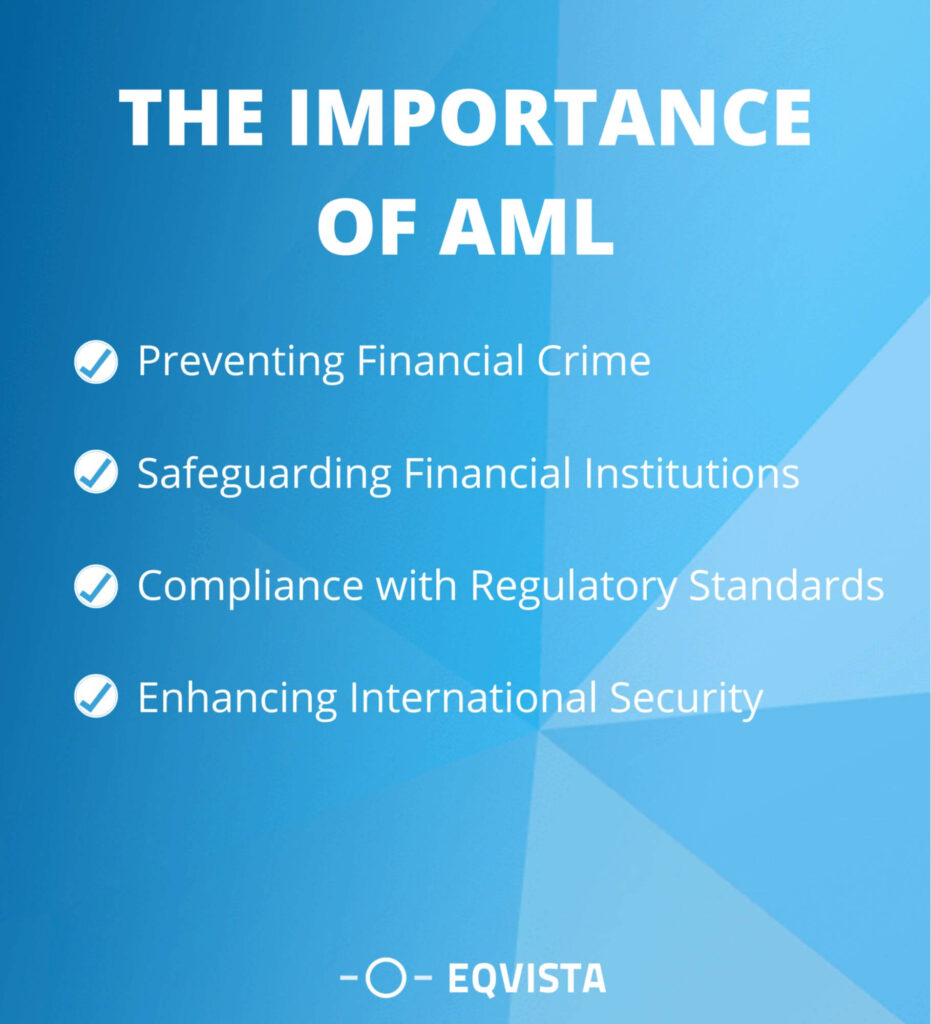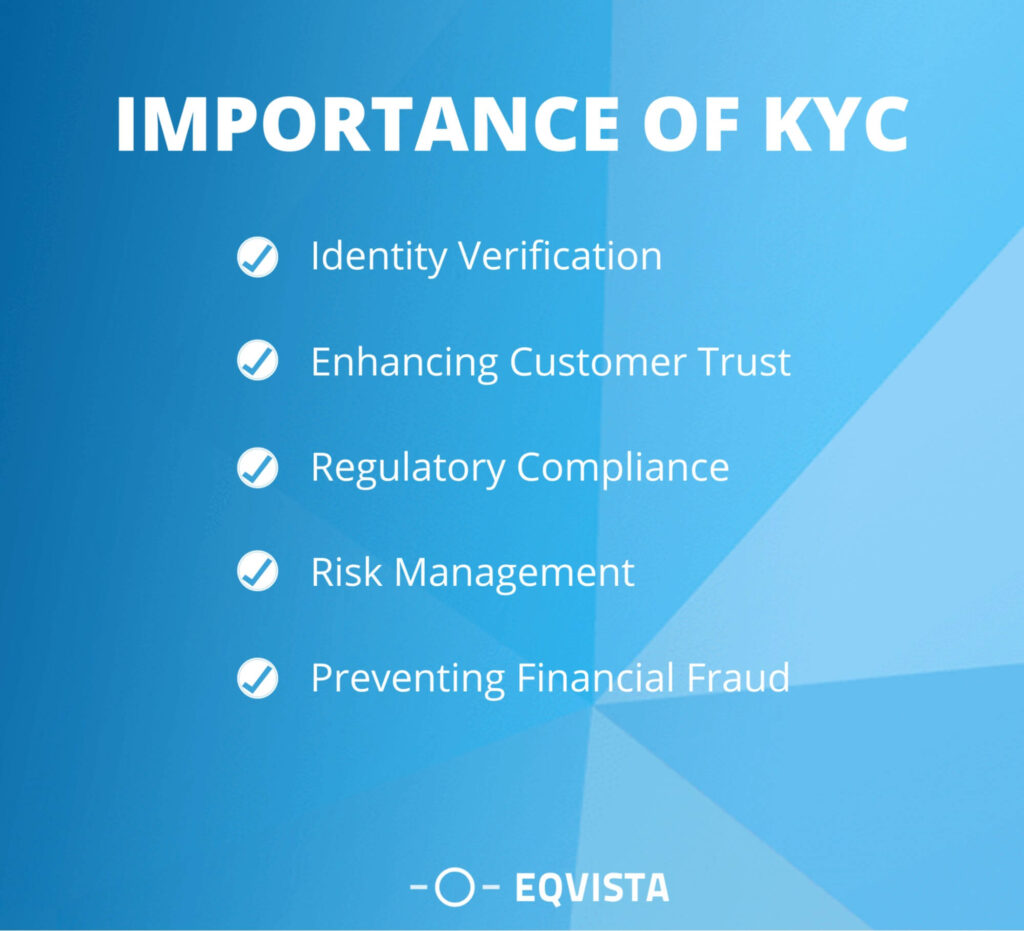AML & KYC: Understanding Key Difference
This article dissects the roles and crucial importance of AML and KYC, providing clarity and insight into the compliance in the financial sector.
Imagine you’re running your business as usual when suddenly, you receive funds from an unknown source. It could be a red flag for financial misconduct or even money laundering. In such situations, two critical regulatory frameworks come into play: Anti-Money Laundering (AML) and Know Your Customer (KYC).
So, what is KYC and AML? AML refers to a set of laws, regulations, and procedures designed to prevent criminals from disguising illegally obtained funds as legitimate income. KYC, on the other hand, is a regulatory process for businesses to verify the identity of their clients, essentially ensuring that their clients are who they claim to be.
This article dissects the roles and crucial importance of AML and KYC in banking, providing clarity and insight into the compliance in the financial sector.
AML and KYC
Each year, the estimated amount laundered globally is significant, ranging from 2% to 5% of global GDP, or between $800 billion to $2 trillion. It highlights the importance of effective AML and KYC compliance, protecting an institution’s reputation, and maintaining the stability and integrity of the global financial system.
What is AML?
Anti-Money Laundering (AML) involves a set of policies, procedures, and technologies designed to prevent the conversion of money obtained from illegal activities into legitimate assets.
AML frameworks are crucial for financial institutions and government organizations to combat money laundering and terrorism financing, with their rules and practices varying by country but sharing common elements to identify and counteract money laundering activities effectively.
How does AML work?
AML operates through several key stages or elements within its policy framework.
The process of money laundering typically involves three stages:
- Placement – Introducing the illicit funds into the financial system,
- Layering – Concealing the source of the funds through a series of transactions, and
- Integration – Acquiring the money back from what seems to be legitimate sources.
It controls and prevents activities, which include stringent know-your-customer (KYC) policies, transaction monitoring, and advanced software to flag suspicious activities.
The Importance of AML
AML plays a crucial role in the global financial system by preventing the flow of funds derived from illegal activities. Its importance appear through several key points:

- Preventing Financial Crime – AML efforts are vital in stopping the laundering of money obtained through illicit means, such as drug trafficking, terrorism, and corruption. By hindering criminals’ ability to disguise the origins of their funds, these measures also protect the integrity of financial markets.
- Safeguarding Financial Institutions – protects banks and other financial entities from being used unwittingly or otherwise in money laundering schemes, which can lead to significant legal, operational, and reputational risks.
- Compliance with Regulatory Standards – Compliance with AML regulations helps institutions avoid hefty fines and sanctions for failing to adhere to legal requirements. It ensures that they operate within the bounds of the law, maintaining trust with regulators and customers alike.
- Enhancing International Security – By cutting off the funding for terrorist groups and other criminal organizations, AML measures contribute significantly to global security efforts. They help trace and block the financial streams that could otherwise facilitate and perpetuate global terrorism and crime.
What is KYC?
Know Your Customer (KYC) rules are meant to keep banks safe from fraud, corruption, money laundering, and funding for terrorism. As the economy becomes more global, financial institutions are more likely to be targeted by illegal activities.
KYC is made up of several steps:
- Verify the identity of the customer
- Learn about their activities and make sure the source of their money is legitimate
- Evaluate the money laundering risks that come with them
KYC compliance is also very important for real-time, cross-border payments because it helps build trust, openness, and teamwork while lowering risk. It is important to take a community-based approach to speed up the compliance process and come up with new, more cooperative ways to fight financial crime. Below are the importance of KYC.
Importance of KYC
Know Your Customer (KYC) is equally critical for the following reasons:

- Identity Verification – KYC in banks ensures that financial institutions know the true identity of their customers, reducing the risk of identity theft, financial fraud, and money laundering.
- Enhancing Customer Trust – Institutions build trust by rigorously verifying their customers’ identities. Customers feel more secure knowing that their financial service provider takes measures to protect against illicit activities.
- Regulatory Compliance – KYC in banking and financial sectors are required in many jurisdictions to prevent money laundering and terrorist financing. Compliance helps institutions avoid penalties and legal issues.
- Risk Management – Through KYC in banking or institutions dealing with finance can assess the risk profile of their customers, enabling them to tailor their services and apply appropriate risk mitigation strategies.
- Preventing Financial Fraud – By understanding their customers, institutions can detect and prevent fraudulent activities, protecting their and customers’ interests.
Where and when are KYC and AML required?
Both are necessary for a broad range of scenarios, primarily in the banking and financial sectors, but also extending into other areas such as real estate, legal services, and cryptocurrencies. Key instances include:
- At Account Opening – Financial institutions must perform KYC checks when opening new accounts to ensure they know the customer’s identity and assess the risk they may pose.
- During Financial Transactions – Certain transactions, especially those exceeding threshold amounts set by regulatory bodies, trigger reviews to ensure they are not part of a money laundering scheme.
- Ongoing Customer Due Diligence – Institutions must periodically update customer information and conduct due diligence to ensure continued compliance with AML regulations.
- Cross-Border Transactions – International transactions often undergo stricter scrutiny due to the increased risk of money laundering and terrorist financing. The Financial Action Task Force (FATF) provides global guidelines and standards for efforts, promoting consistency and cooperation across jurisdictions.
Key Differences between AML and KYC
AML’s goals extend beyond the initial customer identification, focusing on continuously monitoring transactions and behavior patterns to identify and report suspicious activities.
On the other hand, KYC in banking is a component of AML that deals specifically with the initial stage of customer identity verification. KYC processes prevent institutions from being intentionally or unintentionally used by criminal elements.
Here’s a table summarizing the differences between what is AML and KYC:
| Aspect | AML | KYC |
|---|---|---|
| Goal | Prevent money laundering and terrorist financing. | Verify the identity of the client. |
| Focus | Broad, covering all aspects of financial activity to detect and report suspicious transactions. | Narrow, focusing on the initial customer onboarding process. |
| Processes | Risk assessment, monitoring, reporting of suspicious activities, and compliance management. | Customer identification, document verification, risk profiling. |
| Application | Throughout the customer relationship and all transactions. | Primarily at the start of the customer relationship. |
Benefits of Implementing AML & KYC
Implementing AML and KYC offers multiple benefits. Let’s look at them one by one here.
Enhancing Regulatory Compliance and Avoiding Penalties
Financial institutions implementing robust AML and KYC compliance procedures are better equipped to comply with international and local regulatory standards. Regulatory bodies worldwide impose fines on entities failing to adhere to requirements. Implementing these procedures helps institutions avoid such financial penalties and legal repercussions.
Mitigating Financial Crime and Fraud Risks
AML and KYC frameworks are crucial in identifying and preventing various forms of financial crime, including money laundering, terrorist financing, identity theft, and fraud. By verifying the identity of their customers through KYC processes and monitoring transactions for suspicious activities, financial institutions can significantly reduce the risk of being exploited for illicit purposes.
Improving Operational Efficiency
Advanced technologies such as AI and machine learning are increasingly integrated into AML and KYC compliance processes, automating previously manual and time-consuming tasks. This automation reduces the likelihood of human error and increases the speed and efficiency of compliance procedures.
Trust and Reputation
Financial institutions that rigorously implement AML and KYC measures are often viewed more favorably by customers, partners, and regulators. Committing to preventing financial crime can enhance an institution’s reputation, making it a more attractive choice for customers and investors.
Facilitating International Business and Compliance
For international institutions, AML and KYC compliance is essential for navigating global financial regulations. Effective procedures enable institutions to meet the varying requirements of different jurisdictions, facilitating smoother international transactions and partnerships.
Role of automation in KYC and AML compliance
The role of automation in KYC and AML compliance has become increasingly pivotal as financial institutions seek to navigate the complexities of regulatory requirements while enhancing operational efficiency and customer experience.
Here’s a detailed overview of how automation reshapes KYC and AML compliance processes:
- Cost Reduction and Efficiency – Automation significantly reduces costs and increases compliance processes’ efficiency. Institutions can save an average of 25% on annual compliance costs through automation, as highlighted in a study by KPMG.
- Operational Efficiency – Technologies like natural language processing (NLP) enhance KYC in banking by intelligently scanning documents and improving data sifting from external sources, ultimately improving client onboarding experiences. It reduces false positives in AML alerts, a common challenge for banks, by underpinning the alert generation process with AI.
- Enhanced Customer Experience – KYC automation streamlines the onboarding process, enabling faster and more efficient customer handling times over traditional methods. It reduces the time required for customer identity verification and improves the customer experience by minimizing delays and paperwork.
- Risk Aversion and Improved Accuracy – Intelligent automation tools, including artificial intelligence (AI) and machine learning (ML), are capable of extracting data from disparate documents, generating analytics, and using pattern recognition models to monitor transactions for potential money laundering activities.
Stay Compliant With Eqvista’s Regulatory services!
AML policies and KYC in banking are key defenses against financial crimes, ensuring institutions and their clients stay protected. Keeping abreast of regulation changes is crucial for compliance. Eqvista’s valuation and cap table management services support these efforts, streamlining compliance with advanced solutions.
Eqvista helps institutions adhere to regulations efficiently by automating and managing complex tasks. This technology integration simplifies compliance, allowing organizations to focus on core operations securely. Call Eqvista today to discover how our valuation and cap table management services can fortify your AML and KYC processes, ensuring you remain compliant and protected.
Interested in issuing & managing shares?
If you want to start issuing and managing shares, Try out our Eqvista App, it is free and all online!